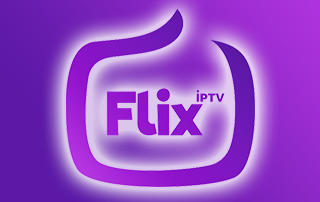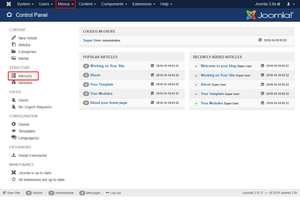
iptv , or Internet Protocol Television, is a form of digital media streaming that is delivered over the internet. It uses an IP network to deliver content in a way that allows users to view and interact with their television set without the need for additional hardware or specialized equipment. IPTV is different from traditional broadcast television because it does not rely on physical broadcasting using cables or satellites. Instead, it uses the internet to transmit information and provide access to content in a variety of ways.
A Growing Technology
IPTV technology has become increasingly popular over the past few years due to its ability to provide viewers with a wide range of options beyond cable and satellite services. Services like Netflix, Hulu, Amazon Prime Video, and others have made streaming video more accessible than ever before. This has resulted in the growth of IPTV as more people are now able to access content that was previously not available via traditional broadcasts.
Benefits of IPTV
IPTV has numerous benefits compared to traditional television broadcasts. One of the biggest advantages is cost savings; with IPTV, viewers are typically able to get all the same channels they would from traditional broadcasts but at a much lower price. Additionally, IPTV can be tailored to each user’s specific interests and needs. This means viewers can watch whatever shows or movies they want, whenever they want, regardless of whether or not it’s airing on traditional television. Finally, IPTV provides access to a wide range of content from around the world, something that traditional broadcasts are unable to do.
How IPTV Works
When it comes to how IPTV works, there are two basic elements: the server and the player. The server is the source of the content and is responsible for delivering it to the player. This process is accomplished by encoding the content into a data stream, which is then sent to the client—in this case, the viewer. The player is responsible for decoding the data and displaying it on the screen, making it visible to the viewer.
The Different Types of IPTV
IPTV can be broken down into three different types: live TV, time-shifted TV, and video-on-demand (VOD). Live TV is essentially traditional broadcast television that is delivered over the internet. Time-shifted TV allows users to watch content that has already aired but has been recorded and can be viewed at any time. Finally, VOD gives users access to a library of movies and TV shows that can be watched at any time, similar to streaming services like Netflix or Hulu.

The Future of IPTV
IPTV technology is constantly evolving and improving, with new features and technologies being added on a regular basis. One recent development is 4K Ultra HD, a technology that allows for ultra-high-definition video to be streamed directly to your TV. Additionally, IPTV providers are now beginning to integrate voice control and artificial intelligence into their platforms to provide more personalized experiences for viewers.
Get Started With IPTV Today
If you’re looking to get started with IPTV, there are several providers available that offer packages and subscriptions that fit any budget. These include Sling TV, DirecTV Now, YouTube TV, Hulu + Live TV, AT&T TV NOW, FuboTV, and many more. Before signing up, make sure to read reviews and look into any additional fees or hidden costs that may be associated with the service.


